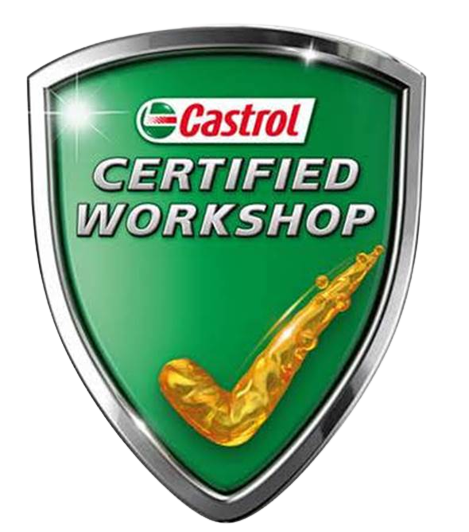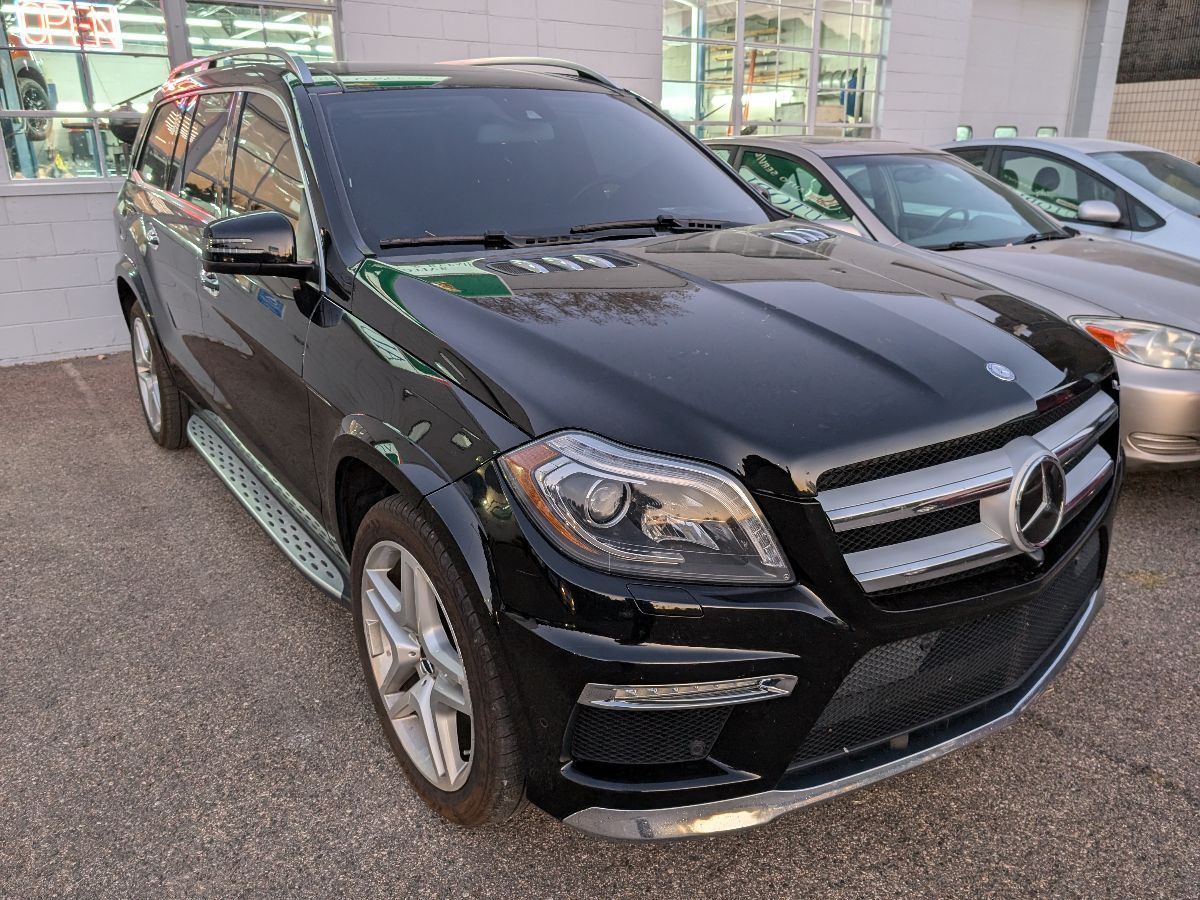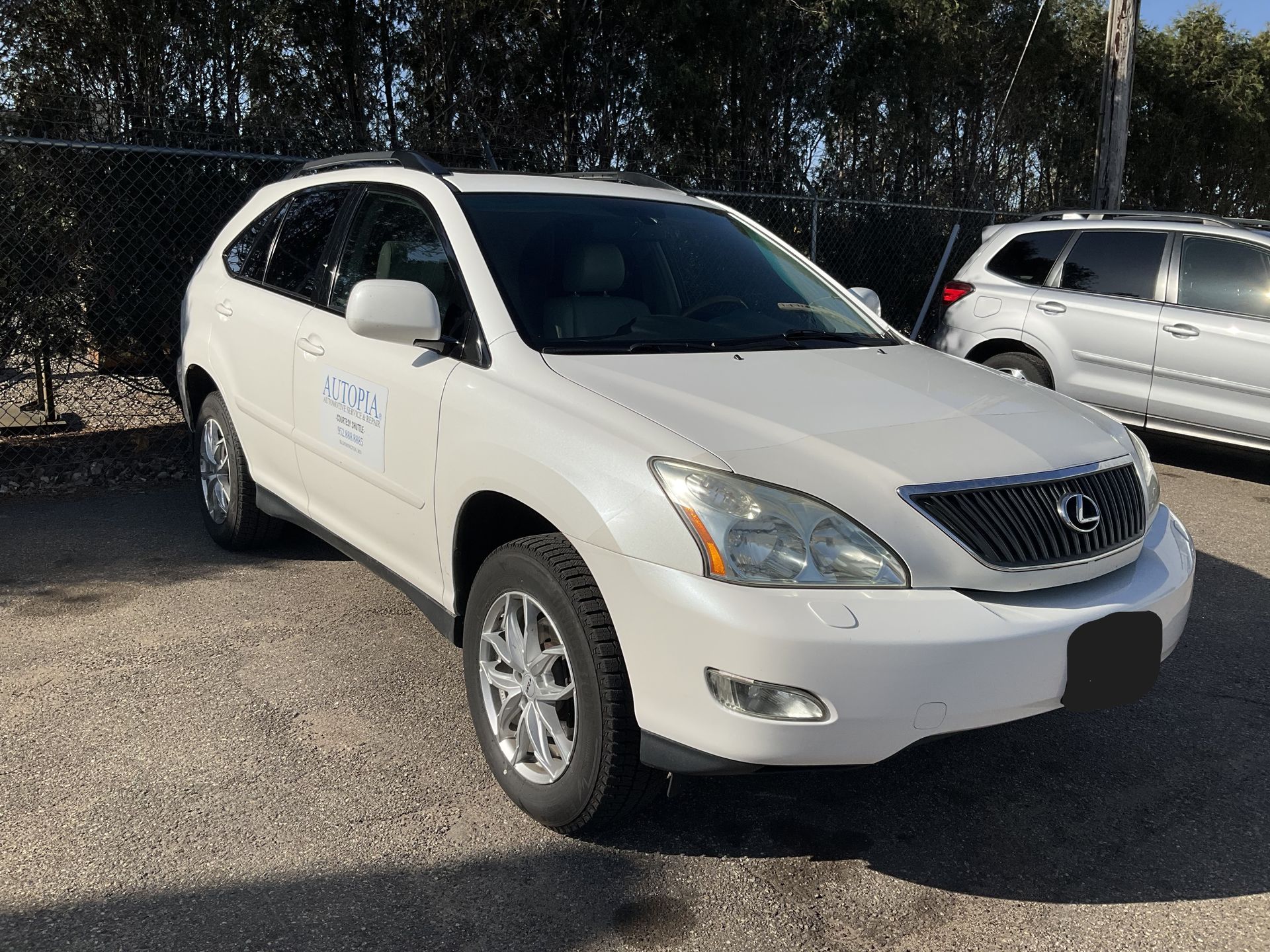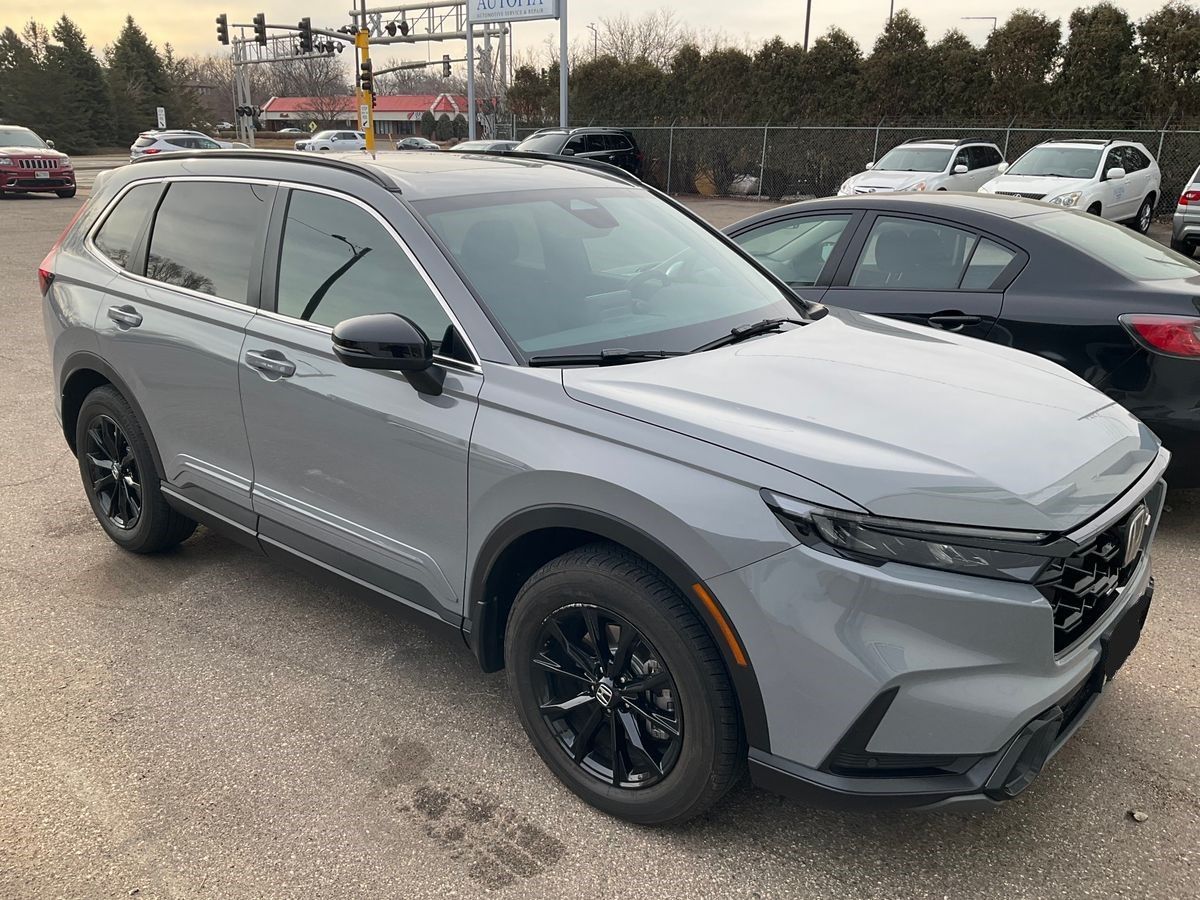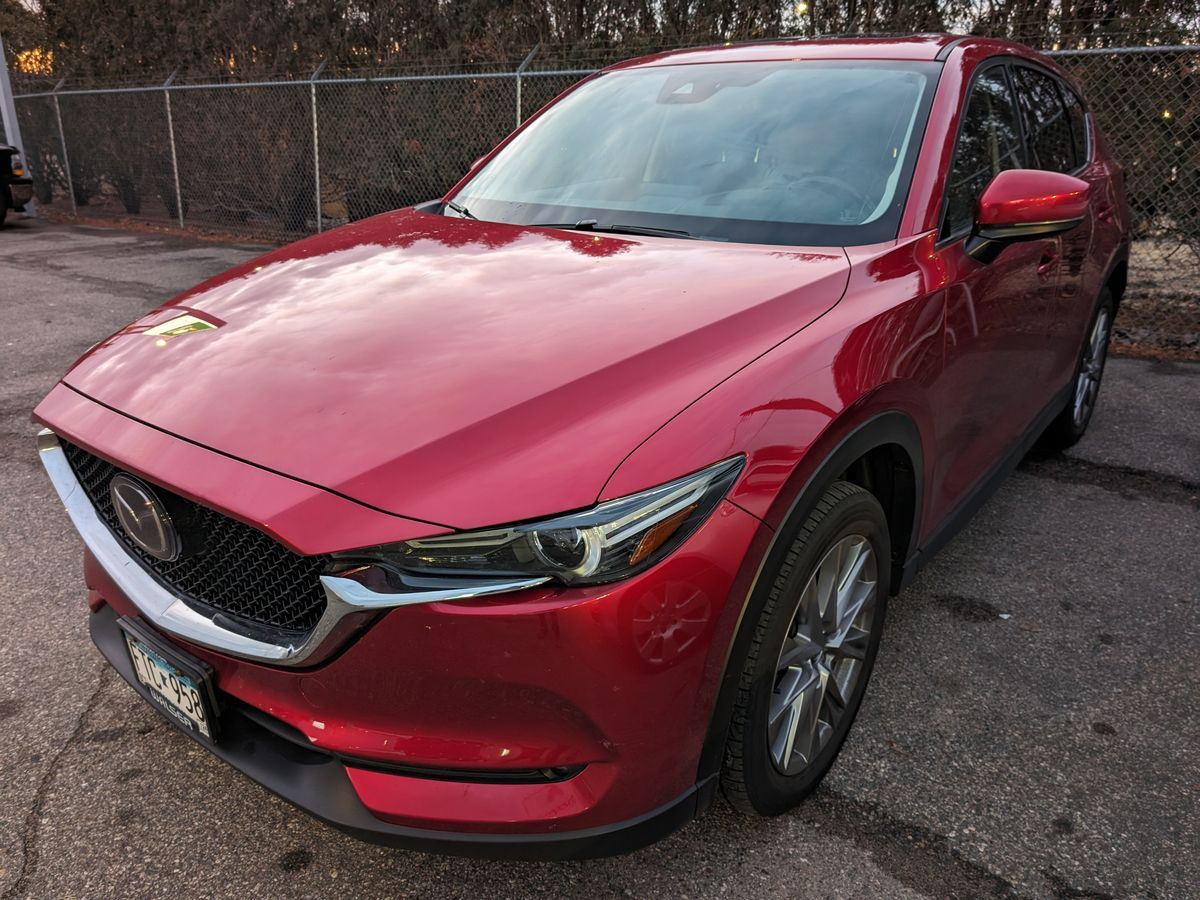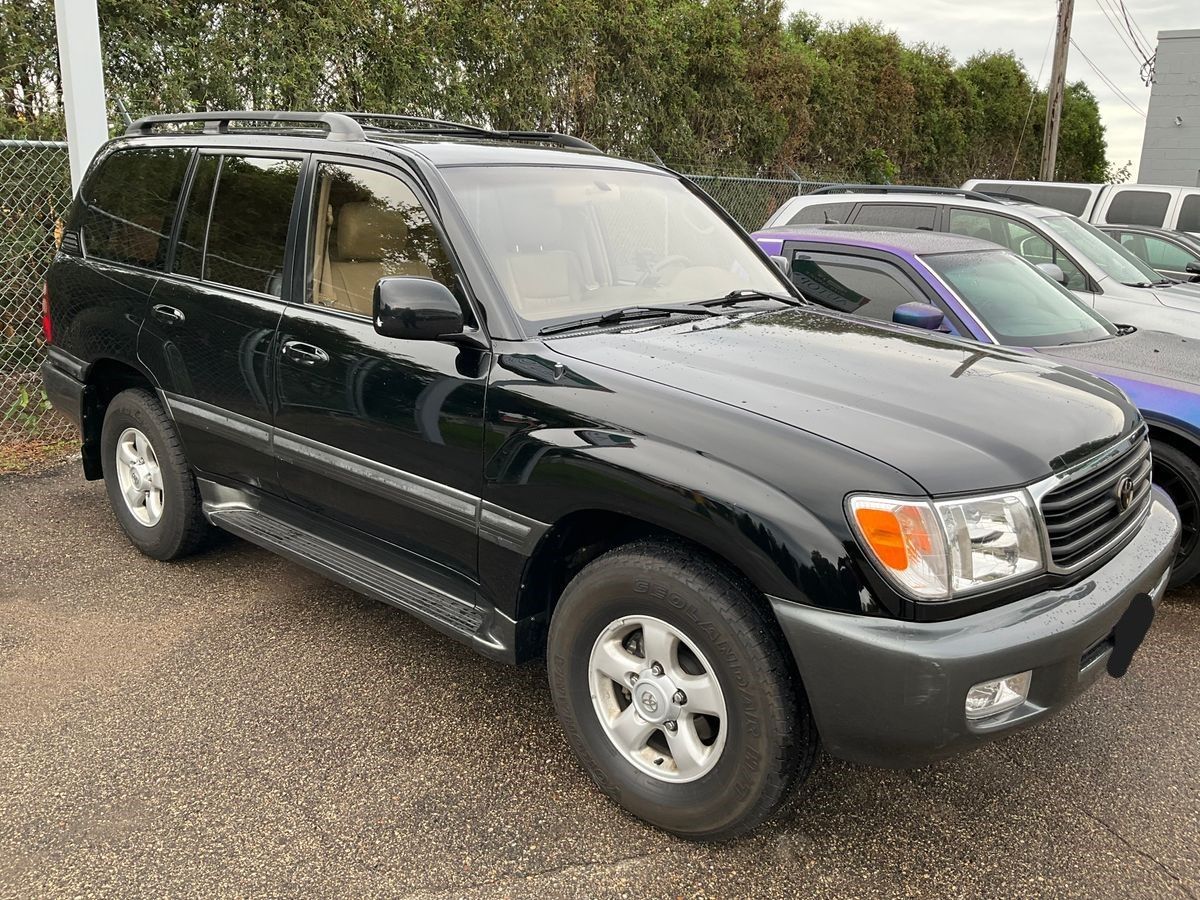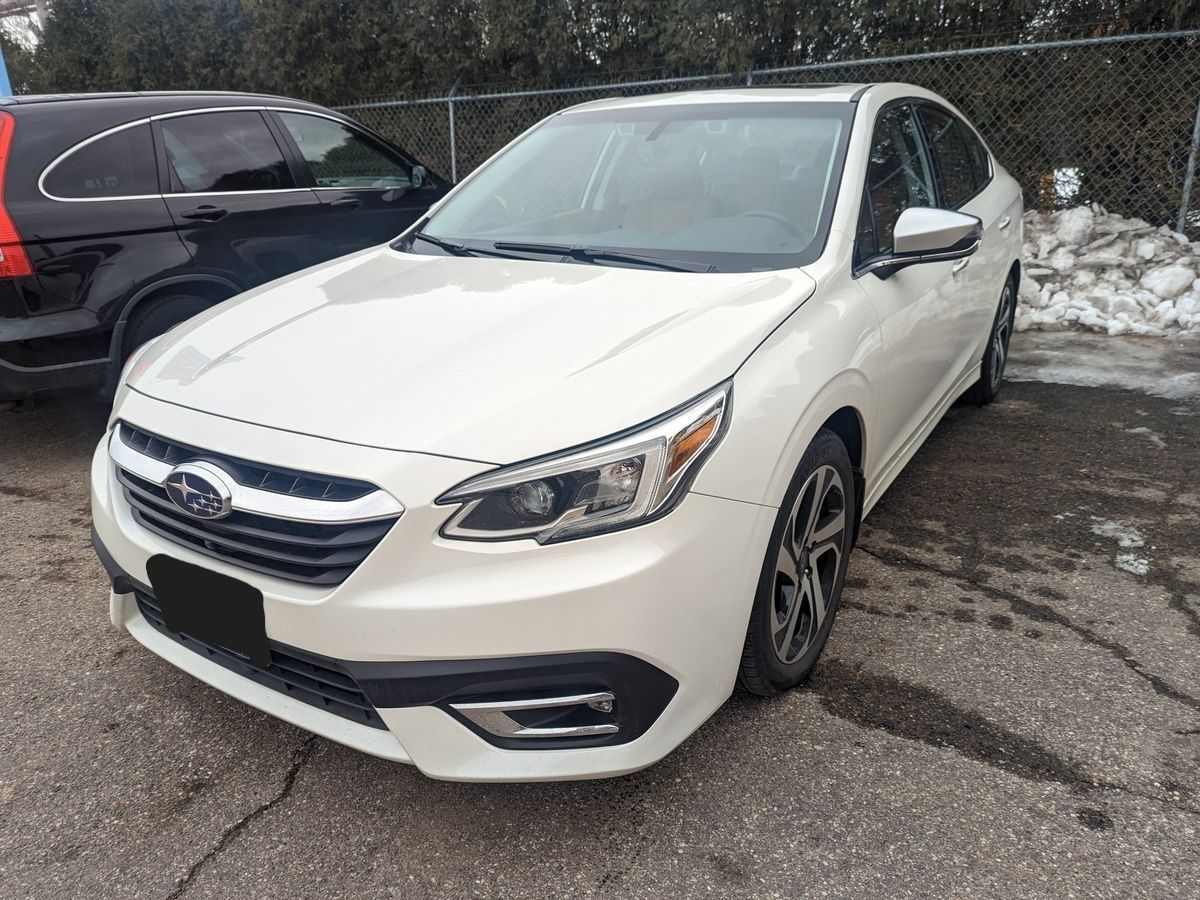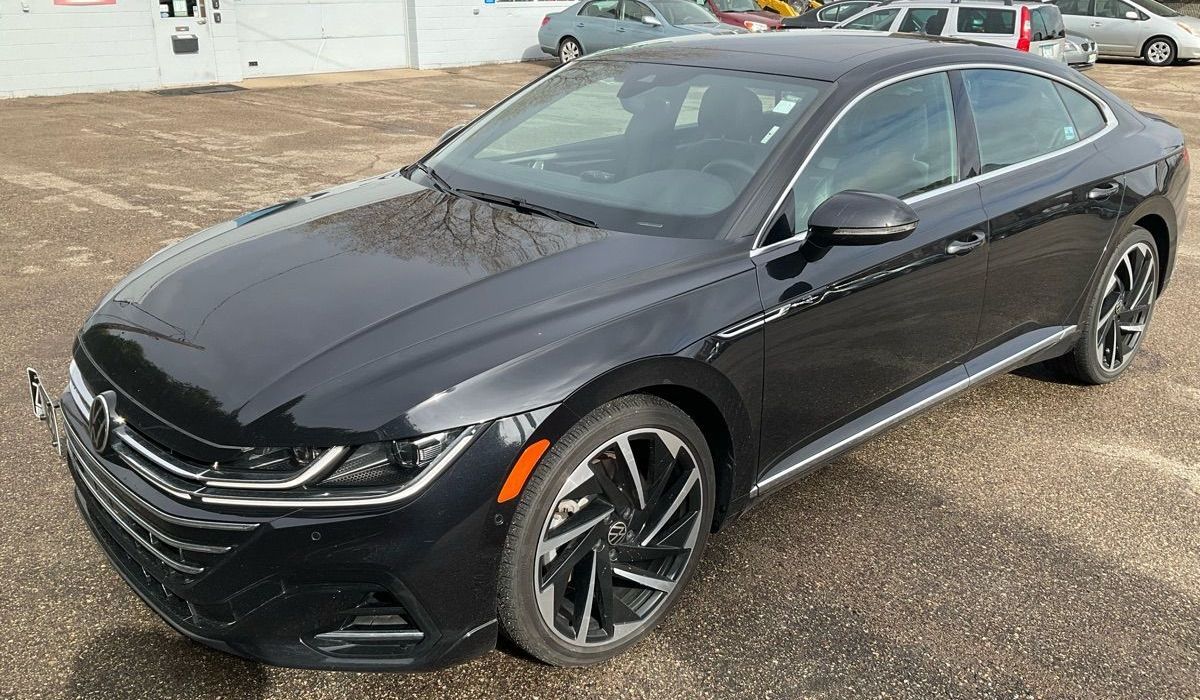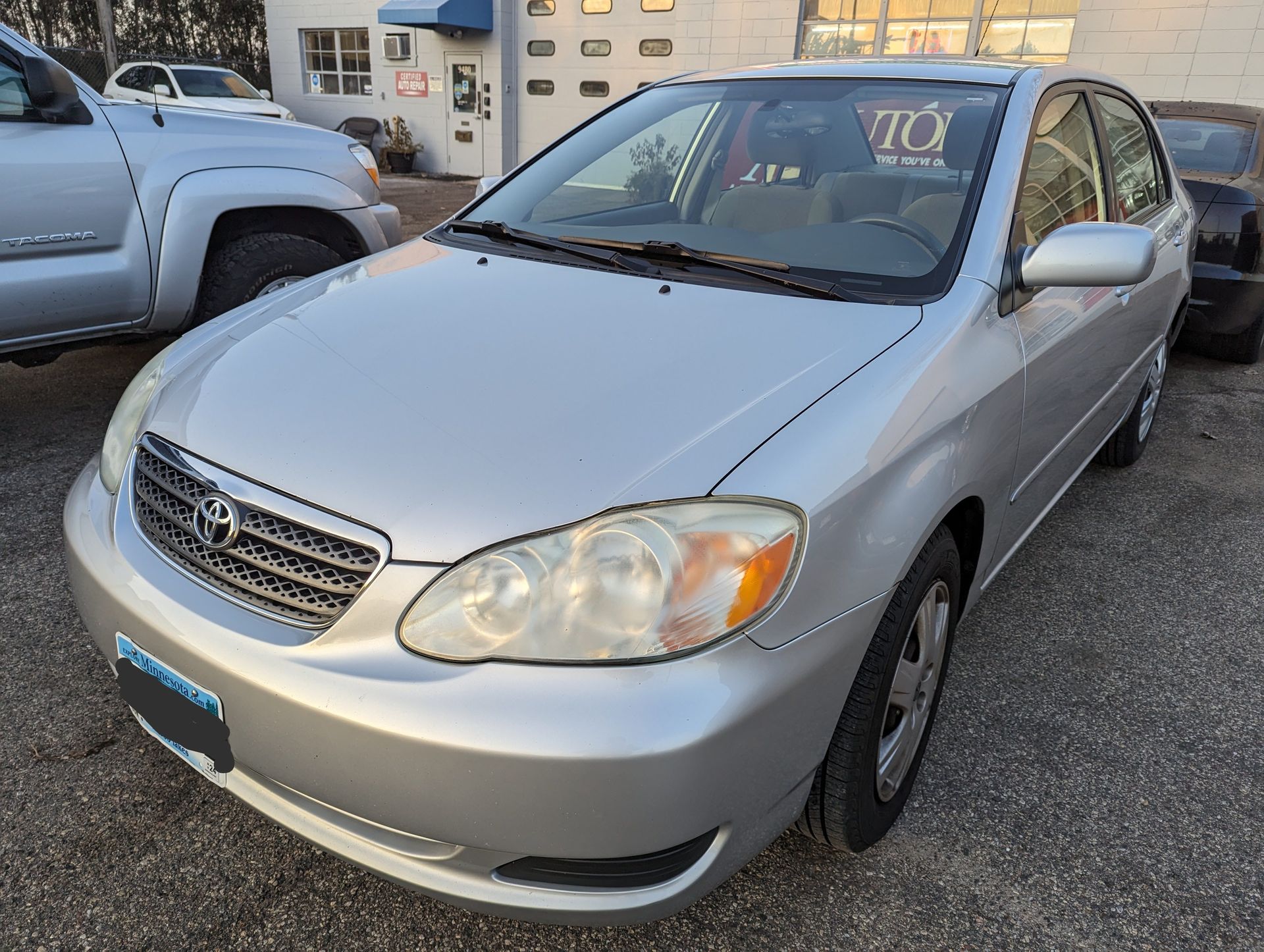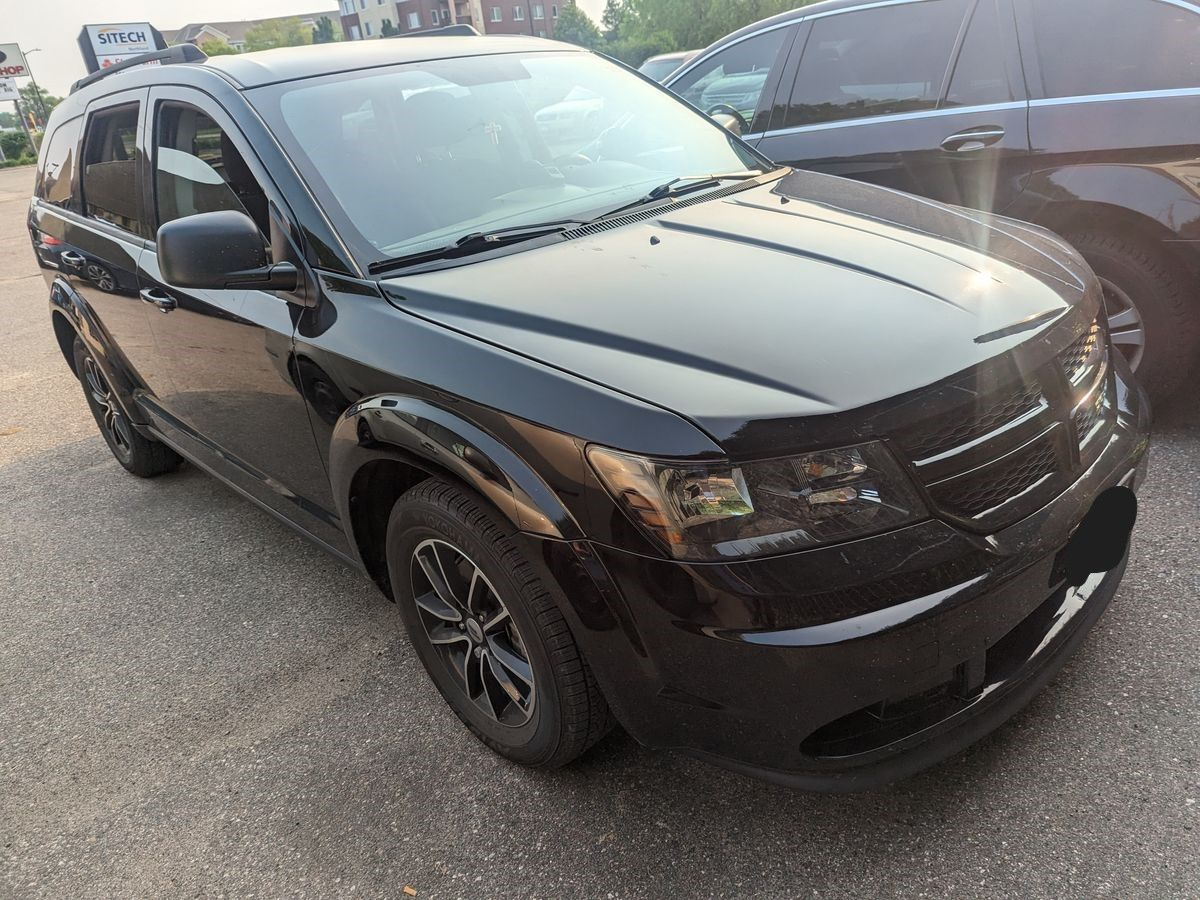Blog #137: Avoiding Engine Sludge: Simple Steps That Save Money and Extend Vehicle Life
Blog #137: Avoiding Engine Sludge:
Simple Steps That Save Money and Extend Vehicle Life
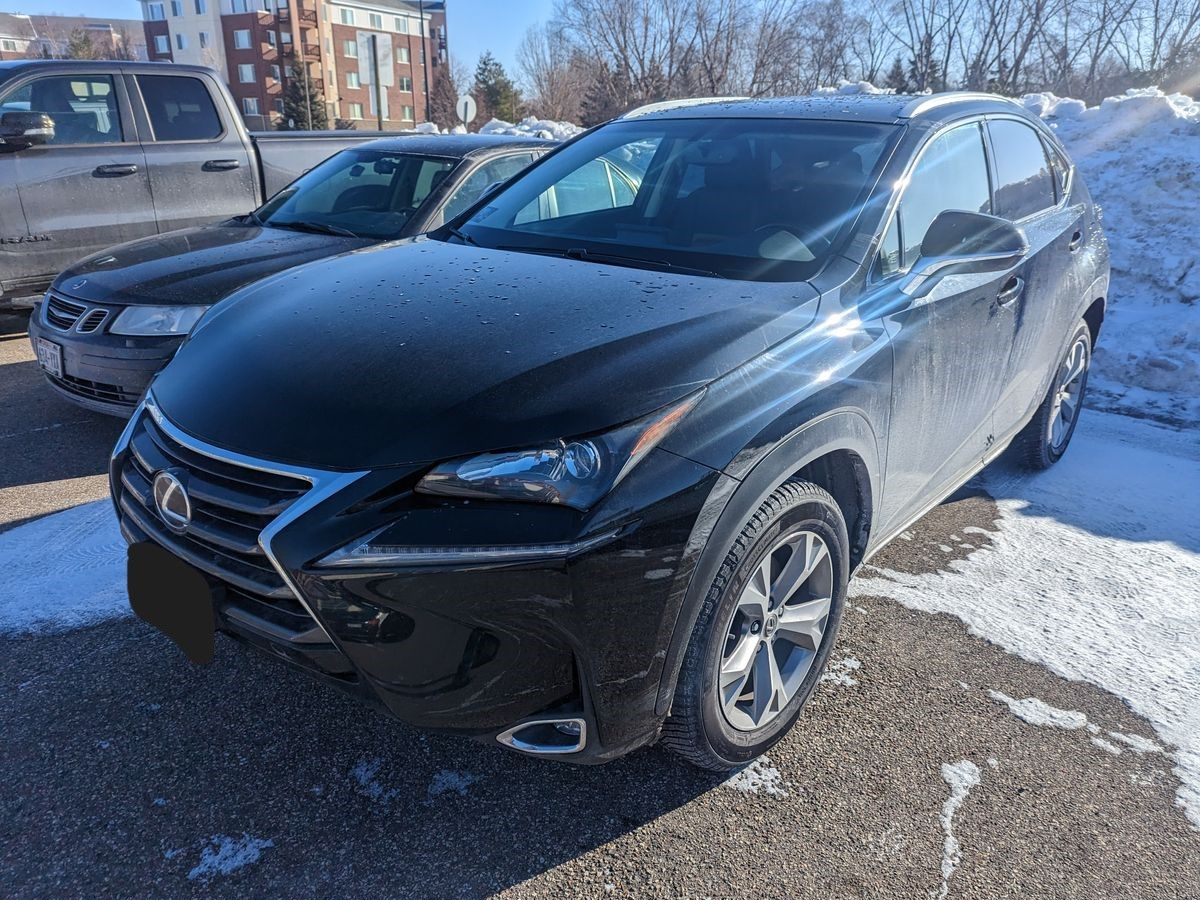
At Autopia Bloomington, we often see engines suffering from a problem that is easy to prevent but costly to fix: engine sludge. Over time, sludge can clog oil passages, reduce efficiency, and even lead to engine failure. Fortunately, with proactive maintenance and proper care, you can prevent sludge from forming and keep your engine running smoothly for years. This guide explains what engine sludge is, why it forms, and the practical steps every car owner should take to protect their engine.
What Is Engine Sludge?
Engine sludge is a thick, gel-like buildup of contaminants in the engine oil. It forms when oil breaks down due to heat, moisture, and combustion byproducts. Over time, sludge accumulates on critical components such as:
- Oil passages and galleries
- Valve covers and lifters
- Timing chains and gears
- Piston rings and cylinder walls
Left unchecked, sludge restricts oil flow, reduces lubrication, and increases friction — all of which accelerate engine wear.
Common Causes of Engine Sludge
Understanding what causes sludge helps you take preventive action:
- Skipping Oil Changes
Old, degraded oil loses its ability to clean and lubricate, allowing contaminants to stick and build up. - Low-Quality Oil
Using oil that doesn’t meet manufacturer specifications accelerates breakdown and sludge formation. - Short Trips Only
Engines often don’t reach optimal operating temperature on short trips. Moisture and fuel residues accumulate, contributing to sludge. - Frequent Stop-and-Go Driving
City driving creates more heat cycles and contaminants than long highway trips, increasing sludge risk. - High Engine Temperatures
Overheating or excessive load without proper cooling can break down oil faster and promote sludge buildup.
Symptoms of Sludge Problems
Early detection helps avoid expensive repairs. Watch for:
- Thick, Dark Oil – Oil looks black and sticky even after an oil change.
- Oil Pressure Warning Light – Sludge restricts oil flow, triggering dashboard alerts.
- Engine Noise – Ticking or knocking sounds due to inadequate lubrication.
- Poor Performance – Hesitation, rough idling, or reduced fuel efficiency.
- Leaks – Sludge can clog gaskets, causing oil to leak.
If you notice any of these signs, schedule an inspection at Autopia Bloomington before the damage worsens.
Practical Steps to Prevent Engine Sludge
Preventing sludge is simpler than dealing with its consequences. Follow these steps:
1. Stick to Your Oil Change Schedule
Follow the manufacturer’s recommended interval for your vehicle. At
Autopia Bloomington, we recommend not extending oil changes beyond the interval, even for synthetic oils.
2. Use High-Quality Oil
Always use oil that meets or exceeds your vehicle’s specifications. High-quality oils resist breakdown, keep engine components cleaner, and maintain lubrication under stress.
3. Run the Engine Properly
Occasionally driving longer distances at highway speeds helps the engine reach optimal temperature, burning off moisture and fuel residues that contribute to sludge.
4. Replace the Oil Filter Every Change
A clogged or low-quality filter allows contaminants to circulate. Fresh filters trap dirt and metal particles, preventing buildup in the engine.
5. Keep the Cooling System in Check
Overheating accelerates oil breakdown. Regularly check coolant levels, inspect hoses, and flush the system as recommended.
6. Avoid Overloading or Aggressive Driving
Excessive load or constant hard acceleration increases heat and engine stress, accelerating oil degradation.
When Professional Service Is Needed
Even with preventive care, some engines may develop minor sludge over time.
Autopia Bloomington provides:
- Engine Flush Services – Safely remove deposits without damaging seals.
- Oil Quality Testing – Ensure your oil is performing as expected.
- Comprehensive Inspections – Detect early wear or leaks caused by sludge buildup.
Our technicians use manufacturer-approved procedures and products to restore your engine’s health.
Risks of Ignoring Engine Sludge
Neglecting sludge can have serious consequences:
- Reduced engine efficiency and fuel economy
- Accelerated wear on pistons, bearings, and camshafts
- Increased risk of engine overheating
- Expensive repairs or total engine replacement
Early maintenance is far cheaper and less stressful than a major engine rebuild.
Frequently Asked Questions (FAQ)
Q: Can I flush my engine myself?
A: DIY engine flushes are risky and may damage seals or components. Professional service at
Autopia Bloomington ensures safe and effective cleaning.
Q: How often should I change my oil to prevent sludge?
A: Follow the manufacturer’s schedule. For most vehicles, this is between 5,000–7,500 miles for conventional oil, or up to 10,000 miles for high-quality synthetic oil.
Q: Is synthetic oil better at preventing sludge?
A: Synthetic oils resist breakdown longer and maintain lubrication under heat stress, reducing sludge risk.
Q: Can sludge cause my car to stop running suddenly?
A: Severe sludge can block oil passages and cause engine failure, which may prevent the car from starting or running safely.
Q: Will regular maintenance remove existing sludge?
A: Light sludge can sometimes be minimized with professional cleaning, but severe buildup may require more extensive service or component replacement.
Protect Your Engine and Your Investment
Engine sludge is a hidden problem that can silently damage your car and shorten its life. Preventing it is straightforward: maintain a regular oil change schedule, use high-quality oil, and have your engine inspected periodically.
At Autopia Bloomington, our team specializes in engine health inspections, oil changes, and professional preventative maintenance. Schedule your next visit today and keep your engine running clean, efficient, and reliable for years to come.

